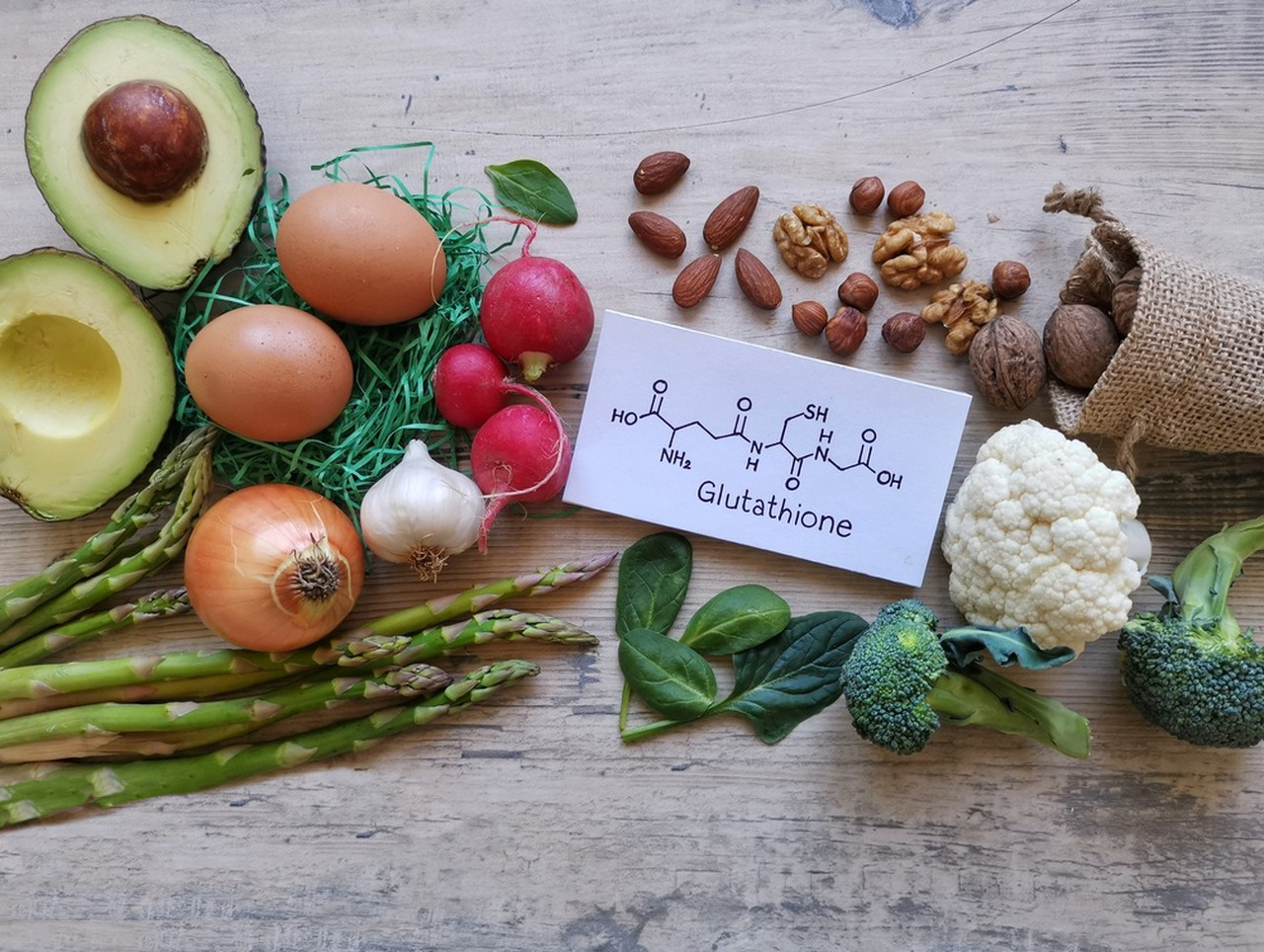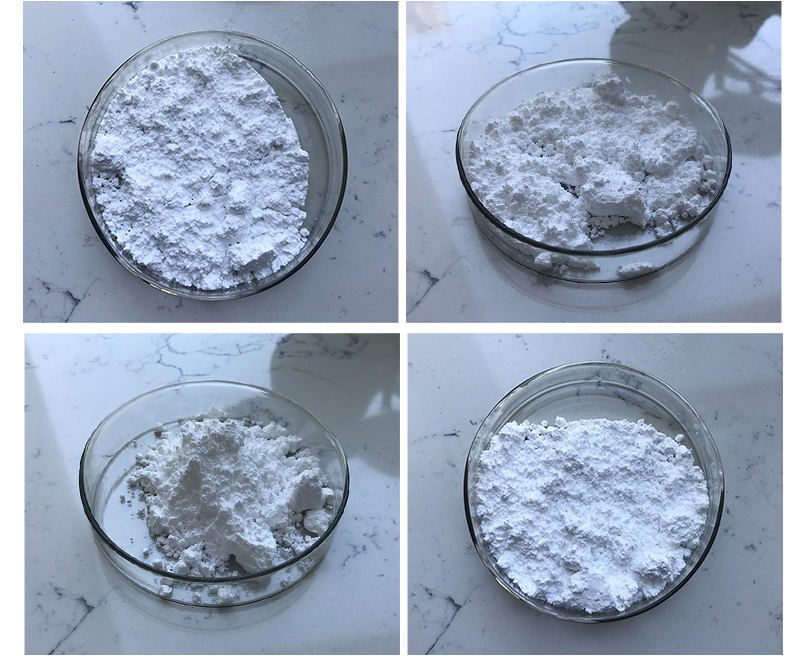Glutathione is a tripeptide molecule composed of three amino acids: cysteine, glycine, and glutamic acid. It plays a crucial role in maintaining cellular health and is involved in various biochemical processes within the body. While its clinical applications are not entirely well-established for all conditions, it has been studied and utilized in several areas:
Antioxidant Defense: Glutathione is a powerful antioxidant that helps protect cells from oxidative stress and damage caused by free radicals. It plays a vital role in maintaining the balance between oxidation and reduction reactions in the body. Supplementation with glutathione or its precursors (such as N-acetylcysteine) is sometimes used to support antioxidant defenses, especially in cases of increased oxidative stress, such as certain chronic diseases, aging, and exposure to toxins.

Liver Health: Glutathione is abundant in the liver and is essential for its detoxification processes. It helps neutralize harmful substances and facilitate their elimination from the body. In cases of liver diseases, such as alcoholic liver disease and non-alcoholic fatty liver disease, glutathione supplementation might be considered to support the liver’s detoxification capacity.
Immune System Support: Glutathione plays a role in maintaining the optimal function of the immune system. It helps immune cells function effectively and can influence the production of cytokines, which are important signaling molecules for immune responses. Some studies suggest that glutathione supplementation might be beneficial for certain immune system disorders or conditions associated with immune dysfunction.
Neurological Health: Glutathione is important for maintaining neurological health. It acts as a neuroprotective agent by combating oxidative stress and inflammation in the brain. It has been studied in relation to neurodegenerative disorders such as Parkinson’s disease, Alzheimer’s disease, and multiple sclerosis. However, more research is needed to establish its effectiveness in these conditions.
Skin Lightening: Glutathione is sometimes used in certain regions for its potential skin-lightening effects. It is believed to inhibit the production of melanin, the pigment responsible for skin color. However, the effectiveness and safety of glutathione for this purpose are subjects of debate, and its use for skin lightening is controversial.
Cancer Treatment: Glutathione metabolism is altered in many cancer cells, which might contribute to their resistance to chemotherapy and radiation therapy. Some research explores using glutathione-targeting strategies to sensitize cancer cells to treatment. However, this area of research is complex, and manipulating glutathione levels in the context of cancer treatment requires careful consideration.
It’s important to note that while glutathione supplementation is available and used in various forms (oral, intravenous, etc.), its clinical effectiveness and safety can vary depending on the specific condition and individual. As with any supplement or medical intervention, it’s essential to consult with a healthcare professional before using glutathione for clinical purposes, especially because its effects can be influenced by factors such as dosage, bioavailability, and potential interactions with other medications or health conditions.
The negative impact of Glutathione
Glutathione is a tripeptide molecule composed of three amino acids: cysteine, glycine, and glutamic acid. It is a vital antioxidant that plays a significant role in protecting cells from oxidative stress and maintaining cellular health. While glutathione is generally considered beneficial, there are certain circumstances where its effects could potentially have negative implications:
Respiratory Issues: Inhaling glutathione or its precursors, such as N-acetylcysteine (NAC), can lead to respiratory issues in some individuals, especially those with pre-existing lung conditions like asthma. High levels of glutathione or NAC inhalation might cause irritation and bronchoconstriction.
Interference with Chemotherapy: Some studies suggest that elevated levels of glutathione in cancer cells can contribute to their resistance to chemotherapy. Cancer cells with high glutathione levels can effectively neutralize certain chemotherapy drugs, making them less effective in killing the cancer cells.
Impact on Immune System: While glutathione is crucial for maintaining a healthy immune system, excessively high levels of glutathione might dampen the immune response. This could potentially suppress the body’s ability to fight off infections or respond to vaccines effectively.
Diabetes and Insulin Resistance: There is some evidence suggesting a potential link between elevated glutathione levels and insulin resistance in diabetes. Excessive glutathione could interfere with insulin signaling pathways, contributing to metabolic disturbances.
Neurological Disorders: While glutathione is essential for neuronal health and protection against neurodegenerative diseases, excessively high levels might also have negative effects. In conditions like Parkinson’s disease, an overabundance of glutathione could potentially contribute to oxidative stress and cellular damage.

Disruption of Redox Balance: Glutathione is a critical player in the cellular redox (oxidation-reduction) balance. Abnormal glutathione levels, either too high or too low, can disrupt this balance and lead to oxidative stress or other cellular dysfunctions.
Skin Lightening Misuse: Glutathione is sometimes misused as a skin-lightening agent. There is limited evidence to support its efficacy for this purpose, and using glutathione in high doses for skin lightening could potentially lead to adverse effects on skin health.
It’s important to note that the negative impacts of glutathione are often associated with excessive levels or misuse of supplements. Glutathione supplementation is generally considered safe when used appropriately and under the guidance of a healthcare professional. As with any supplement or treatment, it’s crucial to weigh the potential benefits against the risks and consider individual health circumstances. If you have concerns about glutathione supplementation or its potential negative impacts, it’s best to consult a healthcare provider for personalized advice.
